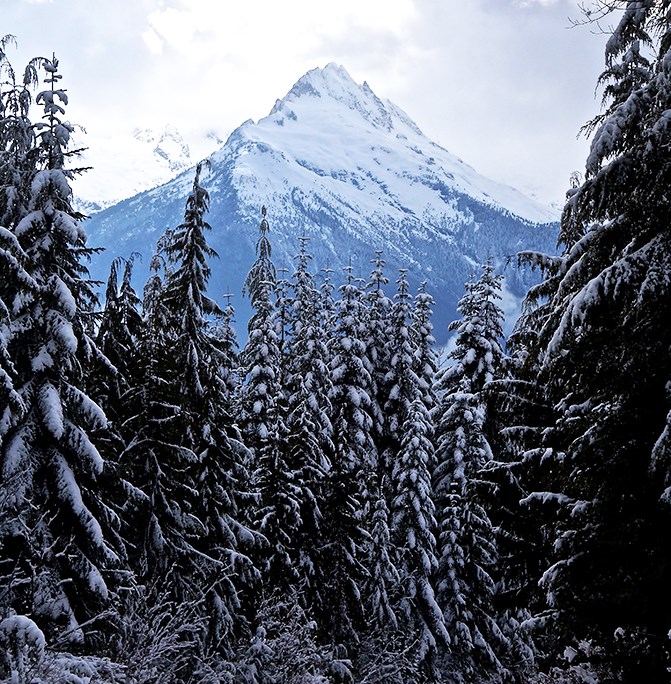Climate change is already having a direct impact, but it isn’t too late to turn things around. That is the message Tom Pedersen, executive director of the Pacific Institute for Climate Solutions, will be sharing at Quest University Thursday night.
Canadians are potentially on the cusp of another industrial revolution, according to Pedersen, who said positive changes are necessary to avoid further climate change that could make things “really bad” within 80 years.
“We have to shift entirely off fossil fuels, and we have to do that probably by 2080,” Pedersen explained in an interview. “But we need to make an 80 per cent reduction in emissions by 2050 if we are going to hold the world to an average temperature increase of two degrees Celsius,” he said.
Part of the solution is natural gas, according to Pedersen.
“When you look at where are the easy gains in terms of emissions reductions, 40 per cent of the world’s electricity comes from burning coal…. We have much better options. We could shift to natural gas essentially overnight,” he said. “And immediately you reduce your carbon emissions per kilowatt hour of electricity produced by half – just like that.”
Pedersen said he knows there has been a lot of controversy over the proposed Woodfibre LNG plant in Squamish and acknowledged there are other options for power.
“Wind and solar are both good options,” he said. “We are not exploiting that fully, although we are on the cusp of a massive transition toward both of those.”
We must wean ourselves off coal as a first step, and off natural gas as a second step, over the next 40 years or so, he said.
“If we can guarantee that in British Columbia natural gas is going to be used to substitute for coal-burning power plants somewhere else in the world, then there is a net gain for the environment,” he said “and that is particularly true because Woodfibre will compress the gas using clean electricity, that isn’t true for the bigger plants proposed for the north.”
The process of hydraulic fracturing to get the gas that will flow to Woodfibre LNG is also a consideration, Pedersen acknowledged.
“It is a pretty obnoxious way to extract natural gas, but it can also be done carefully if you have a really good, tight, well thought-through regulatory environment,” he said. “You can release natural gas trapped in shale with some impact, without outrageous impact.”
Signs of climate change are already all around us, including the rising snow lines Squamish residents can see when they look to the local mountains, he said. One winter doesn’t define climate change, but there has been a long-term trend towards rising snowlines, he said.
“What I really want is for everyone to understand how interconnected the planet is now and what it means when, for example, you have a major climatic or weather extreme,” he said.
Pedersen said the Russian heat wave of the summer of 2010 is a good example of the ripple effect of climate change. That heat wave affected the lives of people in Squamish, he said. “It contributed directly to a global spike in food costs, which was felt internationally.”
Russia exports only four percent of the export wheat trade, Pedersen said, but Russian officials closed their borders to export at the end of July 2010 and as a direct result, the price of wheat doubled within a couple of weeks. That led to food riots in a number of places around the world and raised the price of bread everywhere, including in Squamish, he said.
The increase in food costs also partially led to the revolution in Egypt, Pedersen said.
“That was caused by the social stress that was caused by the rapid rise [of the price] of food stuffs, primarily wheat, but all other grains followed suit,” he said.
Pedersen has an 18 year-old-son, and he said he worries about what the world will be like when his son is an old man.
“We have time to turn this around,” he said. “What are we waiting for?”
Pedersen’s talk, Connecting Dots: Global Warming, Societal Stress and Climate Policy that Works, gets started at 7 p.m. Thursday (April 16) on the third floor of the library at Quest University Canada.



